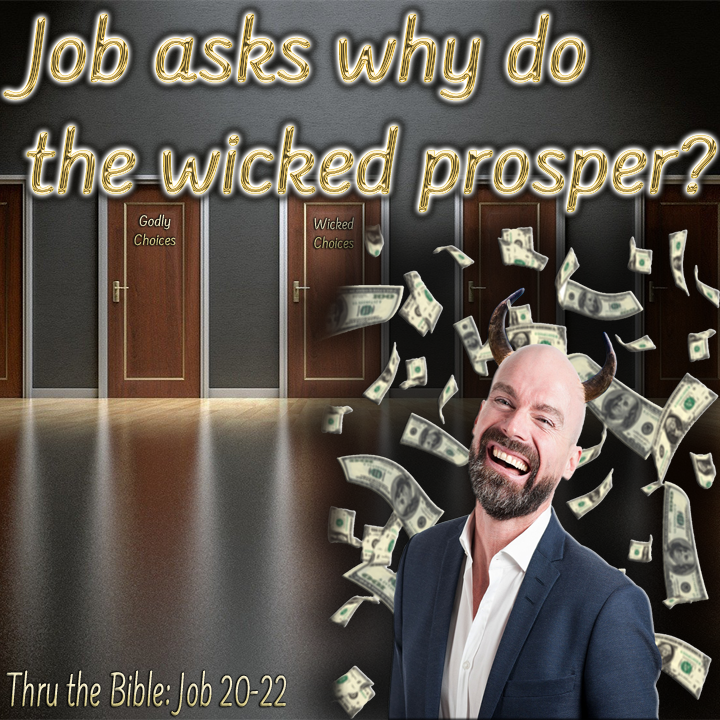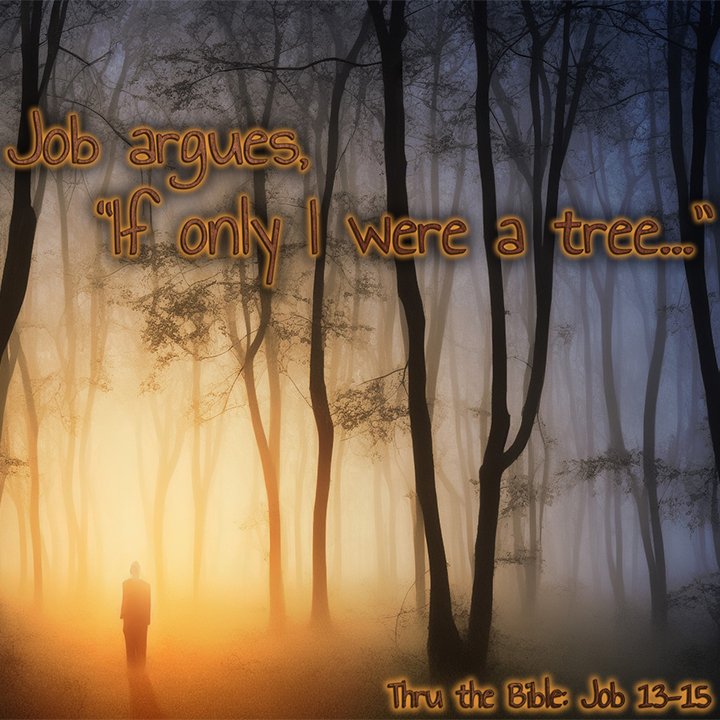God offers the ultimate example of Job’s need for humility. He describes the only creature on earth God created with no fear and no rival.
Leviathan practically defies description in power, invulnerability and majesty – yet Leviathans are easily tamed by God.
God states this then asks Job, “Who then can stand against Me?”
Job repents by saying, “I have heard about You, but now I see You!”
God encourages mercy out of Job for his friends and then restores all he lost 2 times over!
Continue reading



